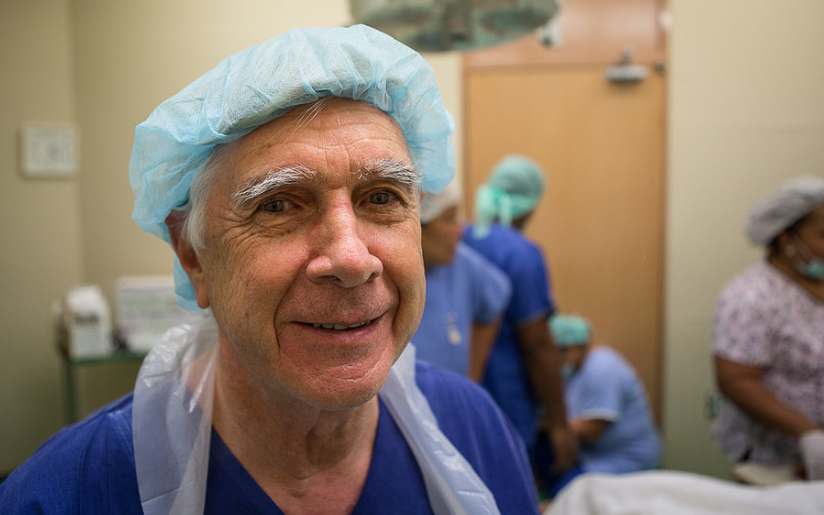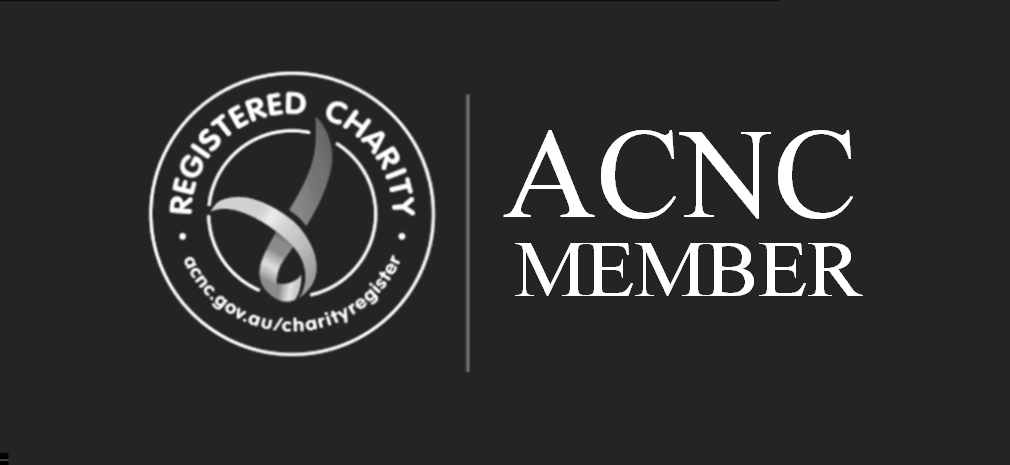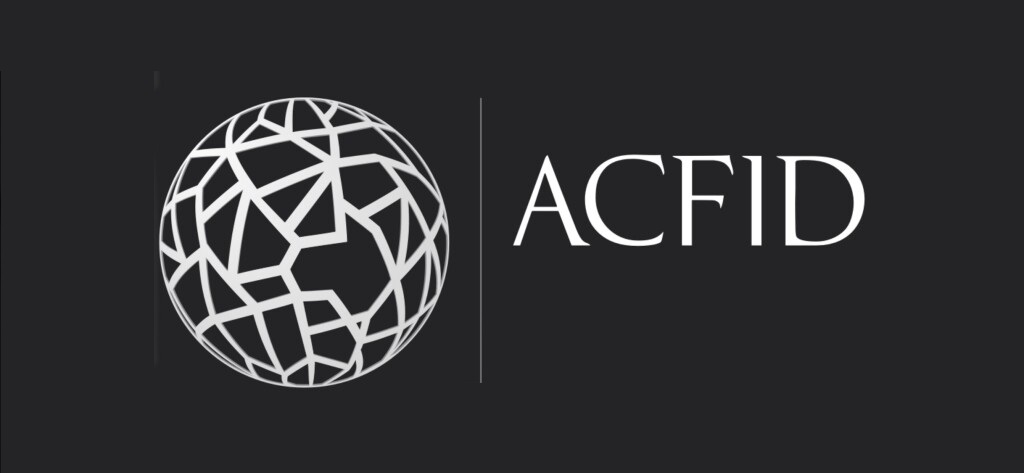
Over many years I have witnessed much progress in all aspects of urology. There has been a vast improvement in equipment and the development of new and previously unthought-of gear. New drugs fix or ameliorate previously intractable problems. Patient management and practice has changed almost beyond recognition. Hospital organisation is completely different. Our training programme is now predictable, robust and reliable, producing better qualified practitioners.
There has been one area where the changes have been much less obvious but where there are still good grounds for optimism. I refer to 3rd world or developing country medicine and in particular urology. The way forward however is not set in stone nor even clear. There is plenty of scope for discussion and debate into the what, who, how, where and when to help these countries and communities grow their urology capabilities.
One area that underlies all development is the political will and economic state of the country in question. That is something we cannot alter at an individual level but must take into account when offering advice and providing training. Inappropriate support is not only wasteful but can also have serious adverse results. A Dean of one of the Pacific Islands Medical Schools, when asked how we (Australia & NZ) could best support his health service, said “Stop pinching my graduates”. Less aid may be required if he had more feet on the ground and more benefit may accrue from a few instructors than many specialist visits.
It has to be understood that any progress in the economies of these countries will be slow by our standards even with the best will in the world. This perception is especially strong given our very rapid changes in the last couple of decades. Nevertheless I have learned that there is enormous talent, ingenuity and dedication in the local populations that can be harnessed and these people have the most encouraging optimism.
“A Dean of one of the Pacific Islands Medical Schools, when asked how we (Australia & NZ) could best support his health service, said “Stop pinching my graduates”.
Some clinical aspects have changed so that the incidence of some problems has dropped to a fraction of previous levels. For the Pacific Islands (excluding PNG) the provision of surgical obstetric services has all but eliminated vesico-vaginal fistulae apart from the iatrogenic cases which are much easier to repair (this does not hold for SubSaharan Africa but their solution is to train technicians in caesarean sections capable of working in austere circumstances).
The treatment of other conditions has not moved with the times. Prostate cancer in the absence of regular PSA testing still presents late and on clinical diagnosis an orchidectomy is performed and the patient returned to his village. This is not likely to change in the mid term. It may seem rough to us but in the overall picture of their health service priorities it may be the most economical and culturally appropriate management.
Our urology community contains much goodwill but we must channel that in a productive manner. The recipients of our efforts are very capable of change and therefore what we offer must be relevant for the present but must change over time. We must also not forget that our improvements have come from the efforts of nurses and other clinical staff and these skills must also accompany our aid.
Currently these countries have excellent general surgeons(very general in the old-school sense – abdo, ortho, plastics, gynae, neuro, uro and paeds, often in the same day!) and the urology practices that we suggest must be tailored to their strengths. They each do more Millen’s prostatectomies in a year than we do in a career and as a consequence an abdominal approach to a vesico-vaginal repair is second nature for them. Reconstructive surgery with grafts and flaps is absolutely possible with training as there is no need for elaborate instruments.
The introduction of more sophisticated instruments e.g. rigid and flexible ureteroscopes with their attendant wires, baskets, access sheaths and stents as well as a working image intensifier may have to wait a little while until the local health services can afford the costs and ensure reliable supply. Nevertheless TURPs are a feasible first step into endoscopic urology and is already widely practised.
The above thoughts lead me to reflect on what our next generation will need to know to be of most value. Some of the aid may be intangible. Could some of our trainees spend 3 months (recognised) with one of these surgeons and get some skills in open surgery? This will acknowledge their abilities and strengths and thus they will become better practitioners and teachers of their own graduates.
They may be better able to instruct each other with occasional masterclass activities to upgrade their skills. Integration into our conferences will let them work out a way forward that takes into account their own needs and realistic capabilities. Our advice must be supportive but not gratuitous. Training opportunities for budding PI surgeon-urologists in Australia and New Zealand must be in concordance with their expected practice back home while still exposing them to new ideas and techniques.
On reflection of nearly 20 years observing these places and their people I feel that they can actually help themselves and can do so with enthusiasm and dedication. They have shown that they can accept and adapt to progress as we have had to do here. What we should now offer is something more collegial
The changes in these countries may have been subtle but they are there.
Dr Alex Cato was a VMO urologist at The Alfred Hospital in Melbourne for most of his career. Dr Cato spent over 20 years doing volunteer work in the Pacific Islands and was instrumental in establishing urological services in the Pacific Islands, including the Solomon Islands. Dr Cato received the Member of the Order of Australia in 2009 for his services


